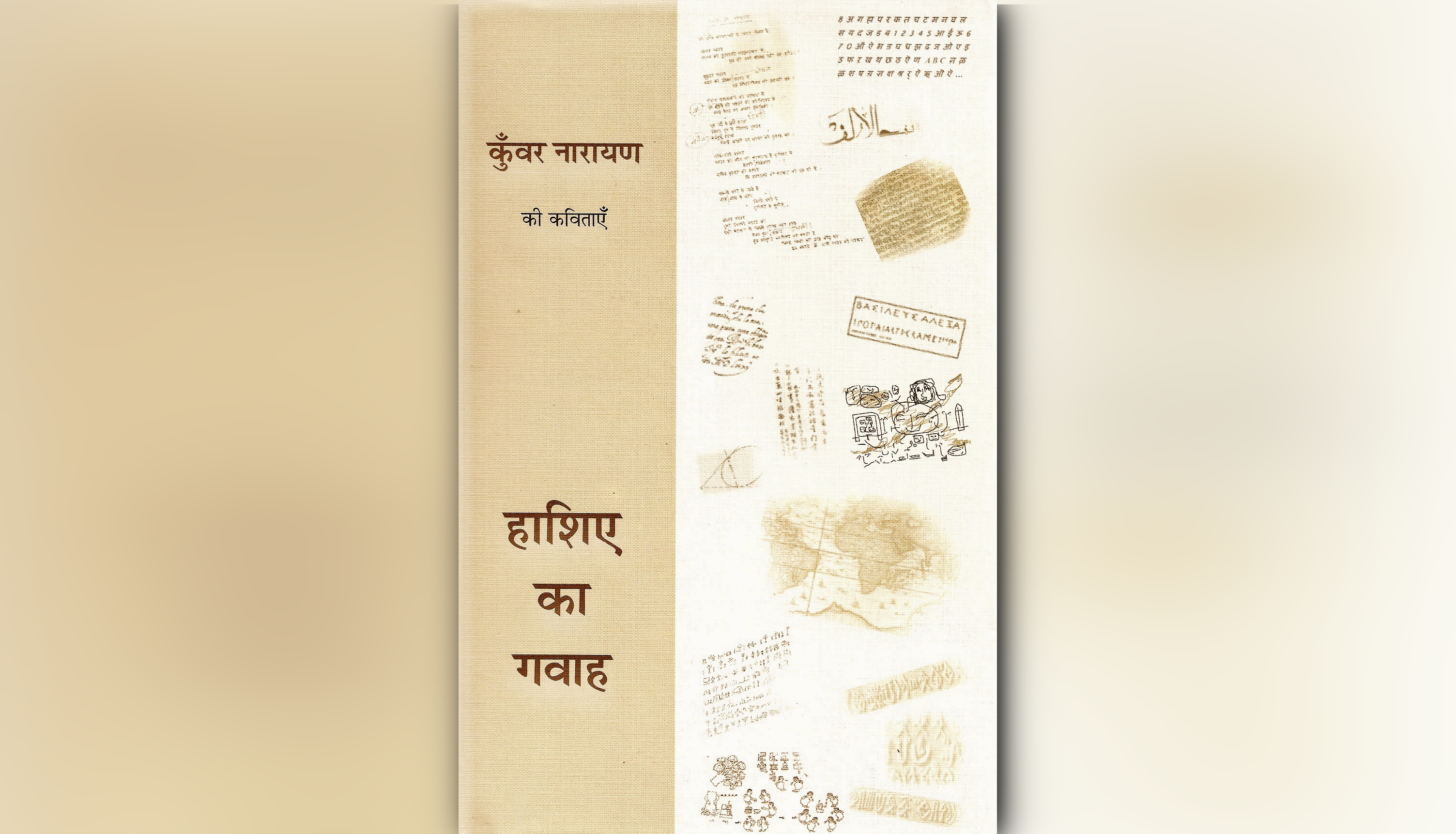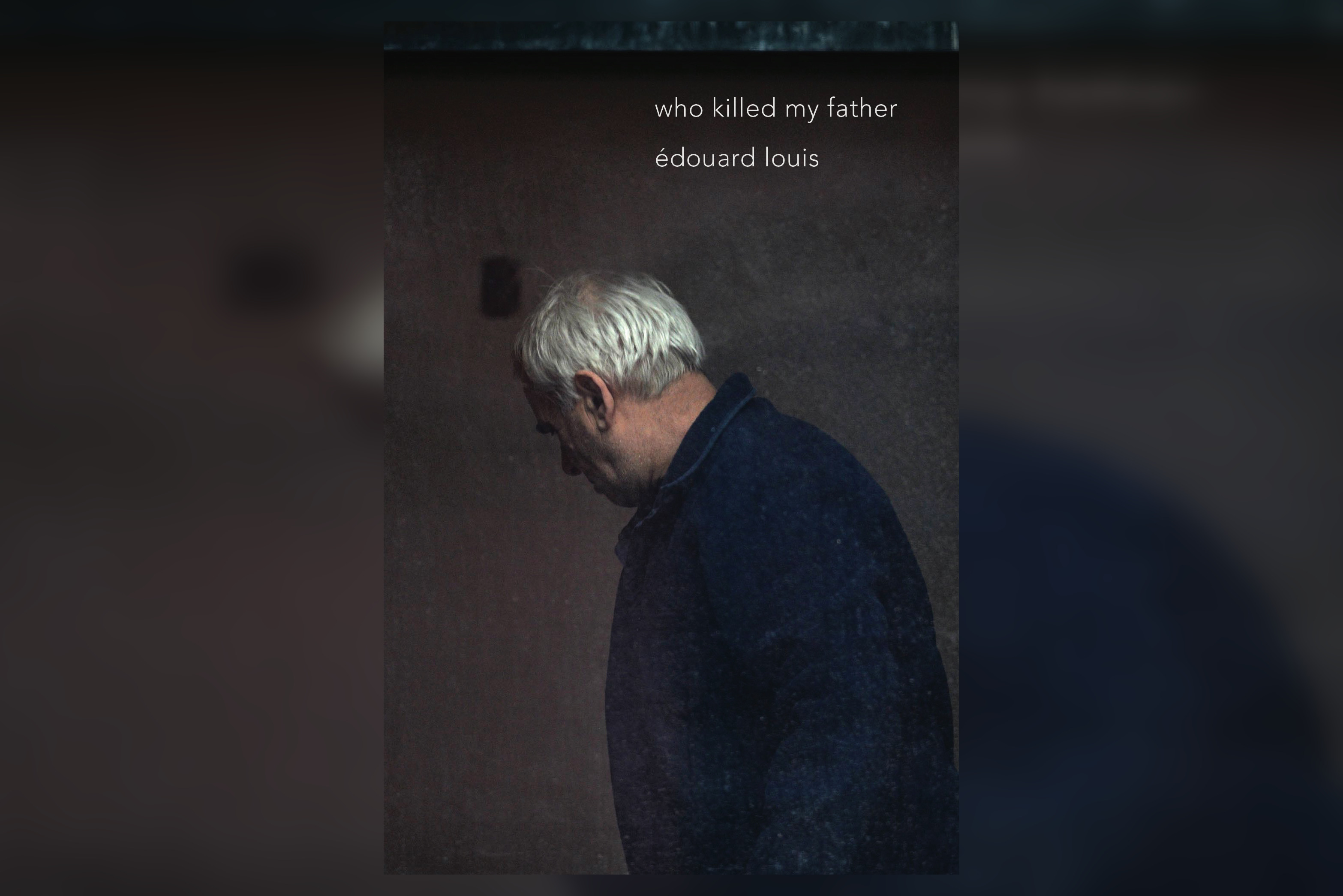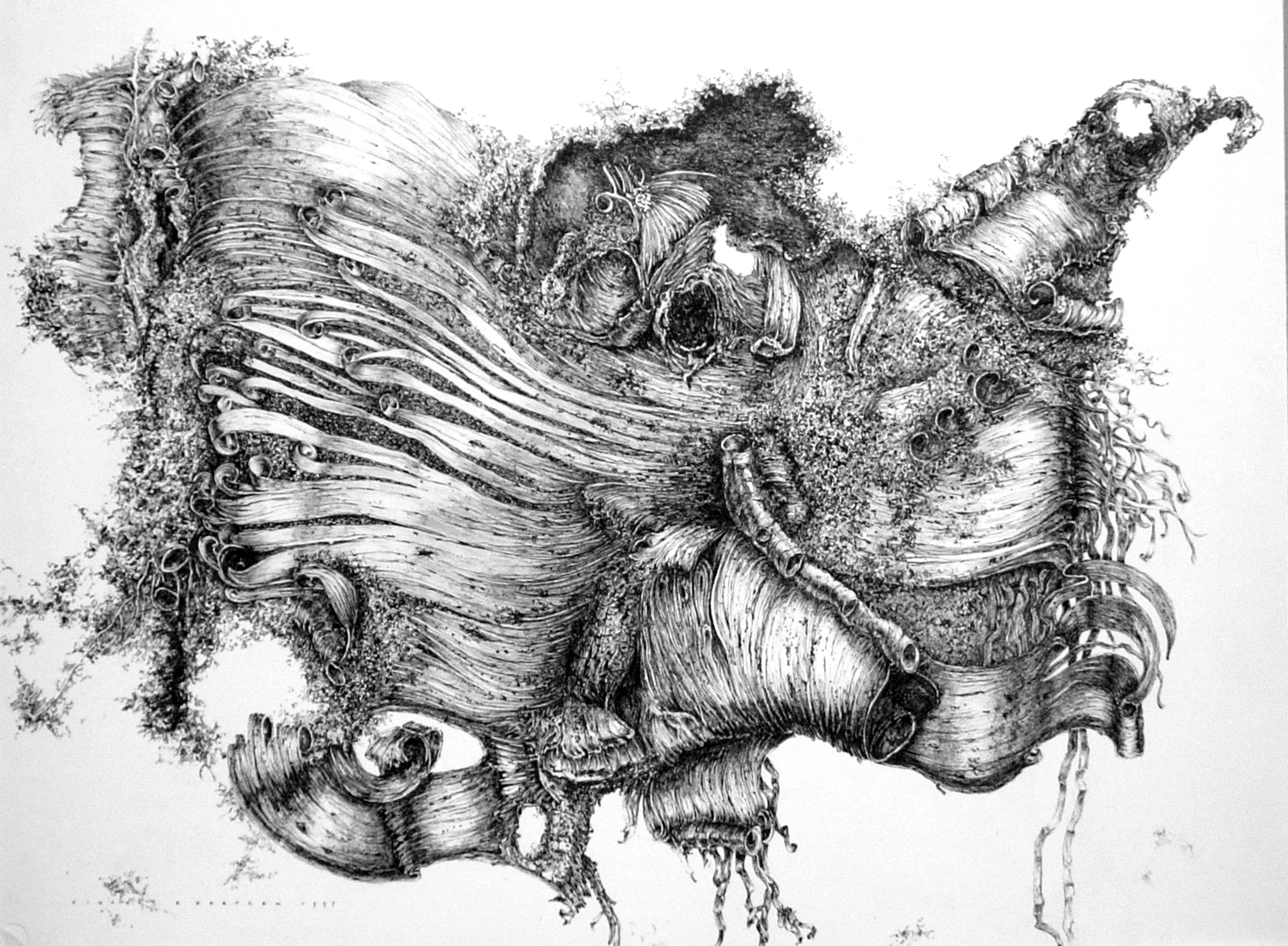Translations by Apurva Narain
⠀⠀ ⠀⠀⠀ ⠀⠀ ⠀⠀⠀ ⠀⠀ ⠀⠀⠀ ⠀⠀ ⠀⠀⠀
The Albatross ¹
I am a part
of whatever I create,
my contradictions and my compunctions
are present there, and everywhere,
answerable in every way
to the world that I beget, I am
aware of the incessant traffic
of shortcomings and excesses
for which spaces were left
out of my carelessness
or benightedness…
If I were God
I would detach myself
saying that I am beyond
my creations
But I am human⠀⠀ ⠀and cannot
escape⠀⠀ ⠀my hominine duties
I do not hesitate to say that
my faith is not perfect,
there are flaws in my craft,
the sensual intrudes into my art,
the physical interferes with my soul,
my aesthetics is not about
well-chiseled stones that shape
square courtyards, steadfast ramparts and sky-kissing spires,
it is that arcane jungle of my impulses
in which there are breathtaking interludes
of gods failing here and there
My language has bold violations of grammar,
my thought has vagrant wanderings of imagination…
I fully accept that
just like me
this world of mine
is human too
⠀⠀ ⠀⠀⠀ ⠀⠀⠀ ⠀⠀⠀ ⠀⠀⠀ ⠀⠀⠀ ⠀⠀⠀ ⠀⠀⠀ ⠀⠀⠀ ⠀
The Languages of Love
I have loved in myriad languages…
The first time
in the lisping mother-tongue of filial love
⠀⠀ ⠀—her sojourn in life was short, evanescent
The second time
in sister’s tender shadow
⠀⠀ ⠀down to the lingering sorrow of a sanatorium
Then in a language of brazenness
I had singed my fingers
⠀⠀ ⠀trying to touch a flame
On the other side of a screen
a rose blooms in the rapturous sun, restless words
⠀⠀ ⠀that mustn’t be brought to the lips
Little by little, I learnt that love
had a sea of voices in the world
⠀⠀ ⠀ —familiar, foreign—
And believed that love far and wide
had the same dialects; but barriers to it
⠀⠀ ⠀had the same sociolects, idiolects too
In the same sort of houses
live disparate sort of people, and thus are begotten
⠀⠀ ⠀ the geographies of distances…
The next love, now,
in a drifting idiom of old
⠀⠀ ⠀half-forgotten remembrances
in which there are no words
only some half-erased alphabets
⠀⠀ ⠀some blurred echoes that still linger
which we, somehow, piece together
⠀⠀ ⠀and again create a new
⠀⠀ ⠀⠀⠀ ⠀ language of love…
⠀⠀ ⠀⠀⠀ ⠀⠀⠀ ⠀⠀⠀ ⠀⠀⠀ ⠀⠀⠀ ⠀⠀⠀ ⠀⠀⠀ ⠀
Historic Separations
For the mysterious Olga
⠀⠀⠀ ⠀⠀⠀ ⠀⠀⠀ ⠀⠀⠀ ⠀⠀
I remember well, it took thirteen days by train then
to cross the fields of Siberia from Moscow to Beijing
It takes less than seven days
to cover the same separation now—
⠀⠀ ⠀⠀⠀ ⠀doesn’t even take
⠀⠀ ⠀⠀⠀ ⠀seven hours by air
In ancient times, it would have taken years to traverse the same distance
It is not the geography of distances
⠀⠀ ⠀⠀⠀ ⠀⠀⠀ ⠀⠀⠀ ⠀ but their time
⠀⠀ ⠀⠀⠀ ⠀⠀⠀ ⠀⠀⠀ ⠀⠀⠀ ⠀⠀⠀ ⠀that transforms
How historic it seems today
to have met you on that day
⠀⠀ ⠀⠀⠀ ⠀⠀ ⠀⠀⠀ ⠀⠀ ⠀⠀⠀ ⠀⠀ ⠀⠀⠀
Staging of the Drama Tughlaq
by Alkazi in Kotla Feroz Shah ²
a few old stairs
a coffin-sized throne
on a scaffolded bandstand
tumbling columns
a gate hinged to a tottering arch
for entry and exit—
that’s all,
this much of a stage was enough
to prop and play in a few hours
the complete drama of a king’s life
⠀⠀ ⠀⠀⠀ ⠀⠀ ⠀⠀⠀ ⠀⠀ ⠀⠀⠀ ⠀⠀ ⠀⠀⠀ ⠀⠀ ⠀⠀⠀
Buried in the Earth Up to the Neck
buried in the earth up to the neck,
she thinks
with arms and legs trussed up
her strength to fly
becomes a sky
from whatever remains of her
she could keep an esteem saved—
that if she were a nose
she’d be up to where the wind
stirs up and tethers a whiff of earth
to the hymns of flowers
and then opens up
manifold meanings of fragrance
to a thousand freedoms
if she were the ears
then in the faintest muffled echoes
of an unceasing tale
she’d be that whole milieu of listening
in which untold prayers and songs,
cries and wails, seek to be heard
untrammeled
if she were a tongue
she could give her word—
her voice to the silences
that yearn for a voice—
put words where there’s only
a wordless disquiet
if she were the lips
she could put upon wilting lips
the testimony of a child’s trustful smile
that puts all spite to shame
if she were the eyes
then even in a speckle of the iris
she’d be that entirety of expanse
where countless creations can glimmer…
even buried in the earth up to the neck,
if she could fathom another anatomy
for just as much time
as the head upholds itself
then a billion times bigger
than the world could be
a humanesque idea
⠀⠀ ⠀⠀⠀ ⠀⠀ ⠀⠀⠀ ⠀⠀ ⠀⠀⠀ ⠀⠀ ⠀⠀⠀ ⠀⠀ ⠀⠀⠀
About the Author
Kunwar Narain (1927–2017), is considered one of India’s foremost poets, writers and thinkers of modern times. He wrote in multiple genres including three epic poems regarded as classics of Hindi literature; eight poetry collections; translations of poet such as Mallarmé, Cavafy, Borges, Herbert, and Różewicz as well as books of short stories, literary criticism, essays, diaries, and writings on world cinema and the arts. His oeuvre of seven decades, since his first book in 1956, evolved continuously and embodied, above all, a unique interplay of the simple and the complex. His many honors include India’s civilian award Padma Bhushan, the Italian Premio Feronia for distinguished world author, and India’s highest literary prize, the Jnanpith. A reclusive writer, he is still largely unknown in the west and some of his works remain unpublished.
About the Translator
Apurva Narain is Kunwar Narain’s son and translator. His books include a translated poetry collection, No Other World, and a co-translated short story collection, The Play of Dolls. Another translated poetry collection, Witnesses of Remembrance, is due to be published. His work has appeared in numerous literary journals, such as Asymptote, Modern Poetry in Translation, Poetry International, Asia Literary Review, Indian Literature, Scroll, Two Lines, etc. Educated in India and the University of Cambridge, he writes in English and has professional interests in ecology, public health and ethics.
⠀ ⠀⠀⠀ ⠀
¹The poem’s original title reads ‘I Am Answerable.’ The albatross alludes to a sense of guilt or responsibility, as in ‘an albatross around one’s neck.’
² Theatre director Ebrahim Alkazi’s play about Sultan Firoz Shah Tughlaq (reign 1351-88) of the Tughlaq dynasty, was famously staged at the Feroz Shah Kotla grounds in Delhi




